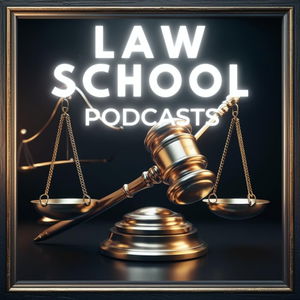The purpose of personal jurisdiction is to ensure that a court has the authority to compel a defendant to appear and litigate in a particular forum. This authority is constitutionally grounded in the Due Process Clause of the Fourteenth Amendment, which requires that a defendant have sufficient connections with the forum state.
General personal jurisdiction exists when a defendant's contacts with the forum state are so systematic and continuous that they can be sued there for almost any matter, even if the underlying events occurred elsewhere (e.g., a corporation's principal place of business is in the state). Specific personal jurisdiction arises when the lawsuit stems directly from the defendant's contacts with the forum state (e.g., a contract signed and performed within the state).
The two primary bases for federal subject matter jurisdiction are federal question jurisdiction and diversity jurisdiction. Federal question jurisdiction allows federal courts to hear cases arising under the Constitution, federal laws, or treaties, while diversity jurisdiction permits federal courts to hear cases between citizens of different states or between a state citizen and a foreign national, provided the amount in controversy exceeds $75,000.
The well-pleaded complaint rule dictates that for a case to fall under federal question jurisdiction, the federal issue must be presented on the face of the plaintiff's properly pleaded complaint. It is not sufficient for a federal question to arise only as a defense or a counterclaim.
Venue rules determine the specific district within a court system where a case should be heard, focusing on the convenience of the parties and witnesses, and the location of evidence or the events at issue. Factors determining proper venue often include the defendant's residence, where a substantial part of the events occurred, or where property involved in the lawsuit is located.
Following Twombly and Iqbal, a complaint must contain sufficient factual matter, accepted as true, to state a claim to relief that is plausible on its face. This requires more than conclusory statements or a recitation of the elements of a cause of action; the factual allegations must allow the court to draw the reasonable inference that the defendant is liable for the misconduct alleged.
When responding to a complaint, a defendant can file an answer, admitting or denying the plaintiff's allegations and asserting any affirmative defenses, or file a pre-answer motion under Rule 12(b) to raise defenses like lack of jurisdiction or failure to state a claim. Asserting affirmative defenses in the answer is crucial because failure to do so can result in their waiver.
Under Rule 15, a party may amend its pleading once as a matter of course within 21 days after serving the original pleading, or if the pleading is one to which a responsive pleading is required, 21 days after service of a responsive pleading or 21 days after service of a motion under Rule 12(b), (e), or (f), whichever is earlier.
The "minimum contacts" test, established in International Shoe Co. v. Washington, states that for a court to exercise personal jurisdiction over a non-resident defendant, that defendant must have sufficient contacts with the forum state such that the exercise of jurisdiction does not offend traditional notions of fair play and substantial justice. These contacts must be purposeful and related to the claim.
The "amount in controversy" requirement for diversity jurisdiction currently stands at more than $75,000, exclusive of interest and costs. This threshold is important because it ensures that federal courts, when exercising jurisdiction based solely on the diverse citizenship of the parties, are addressing cases of sufficient financial significance.

